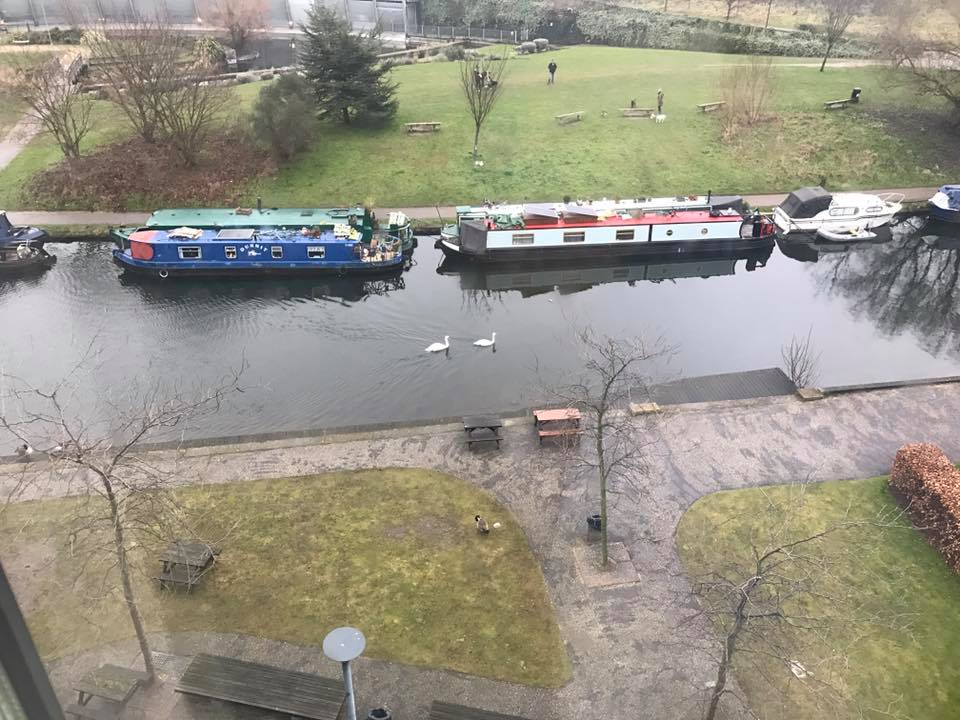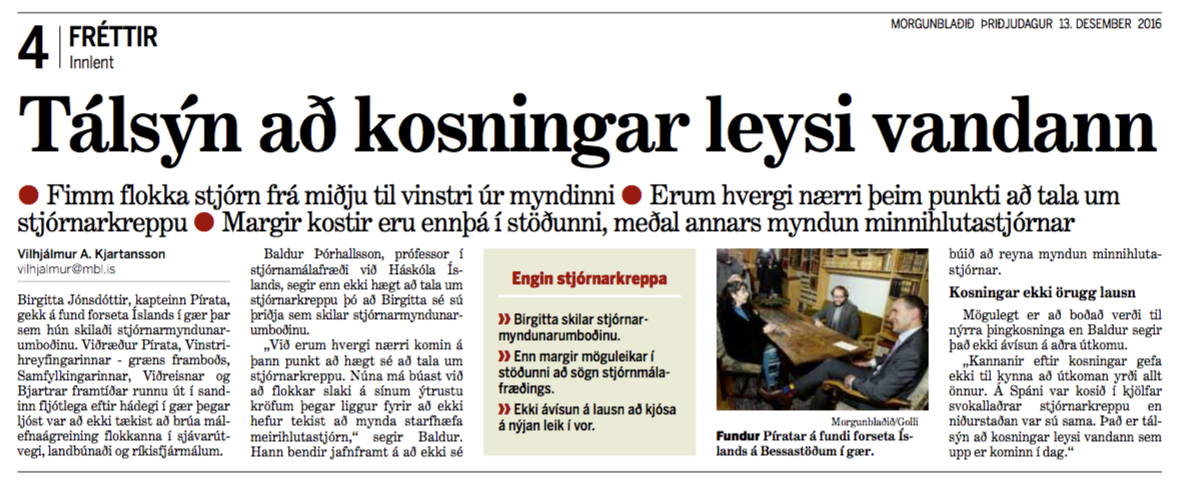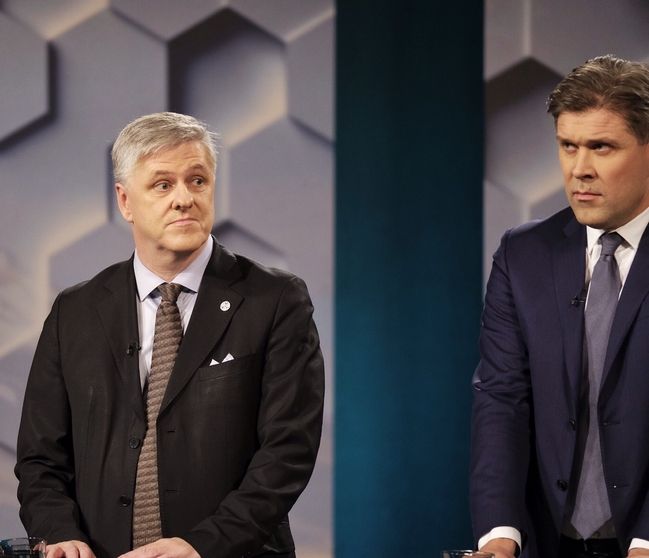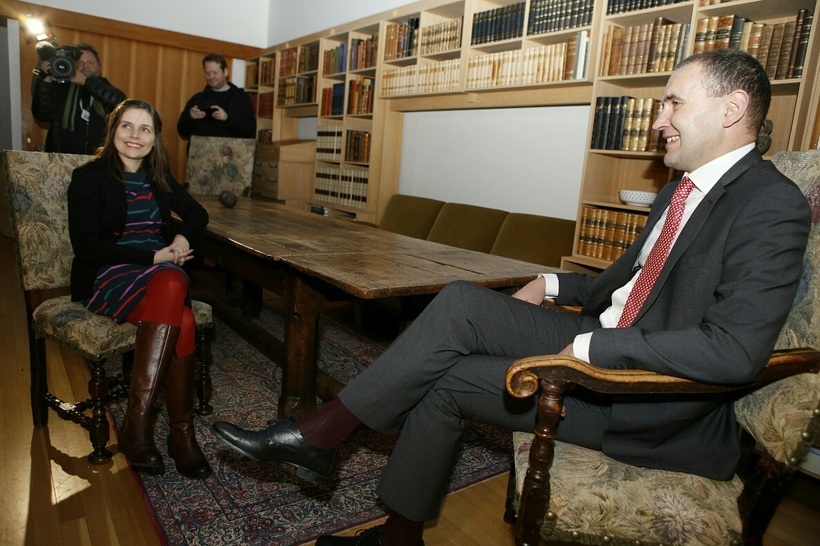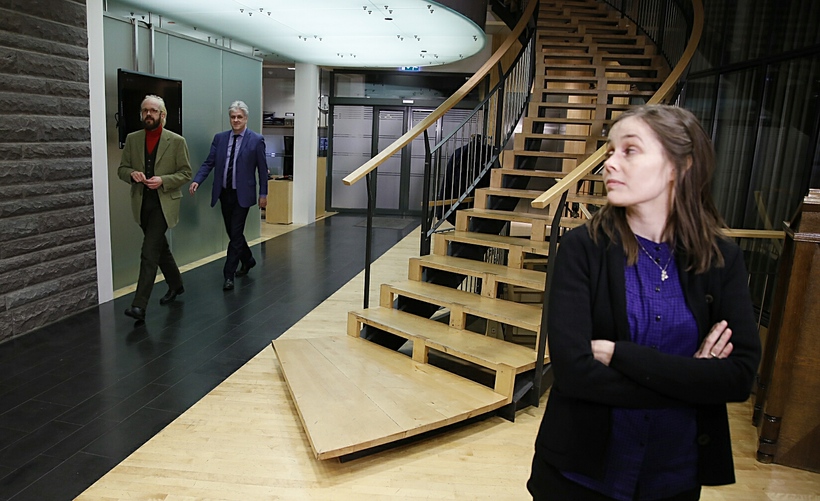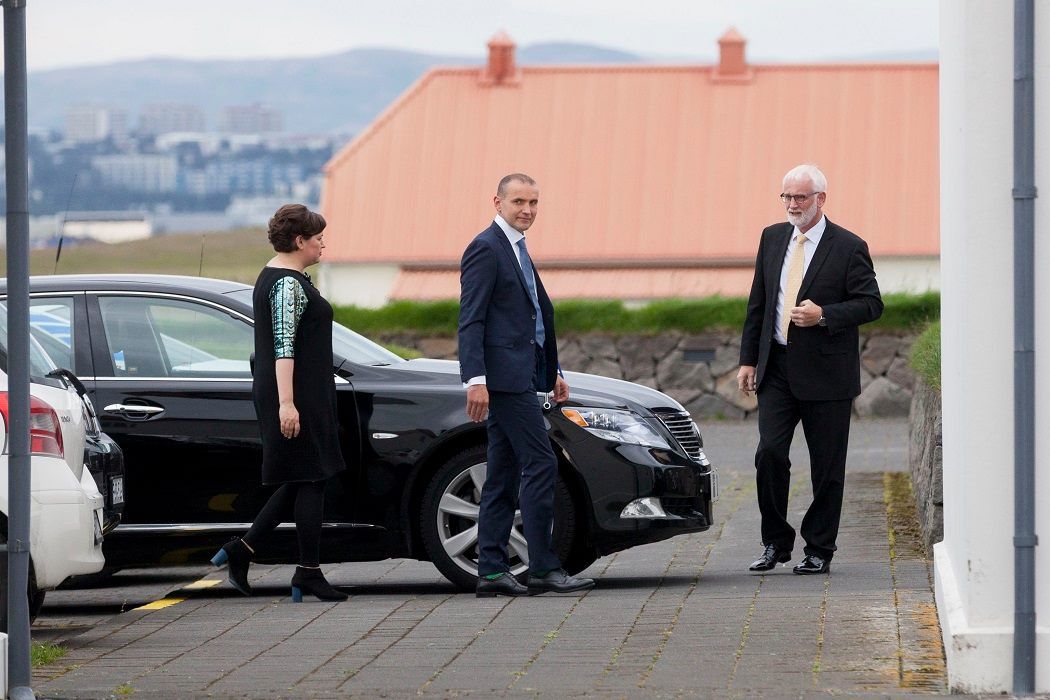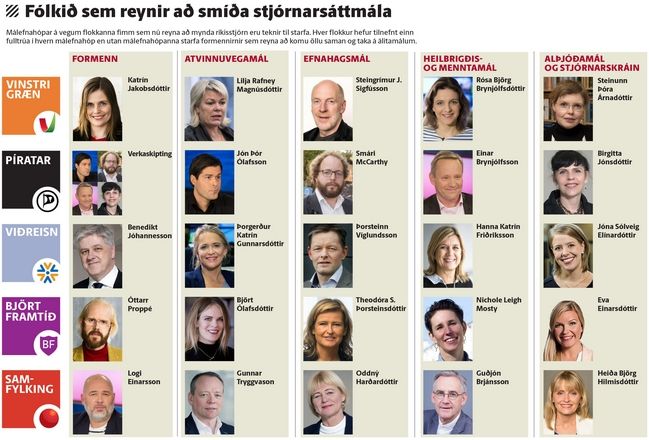I am currently on research leave from the University of Iceland. For this semester, I am Leverhulme Visiting Professor at School of Law and Centre for Small States at Queen Mary University in London.
View from my apartment on the lovely QMUL Mile End Campus.

